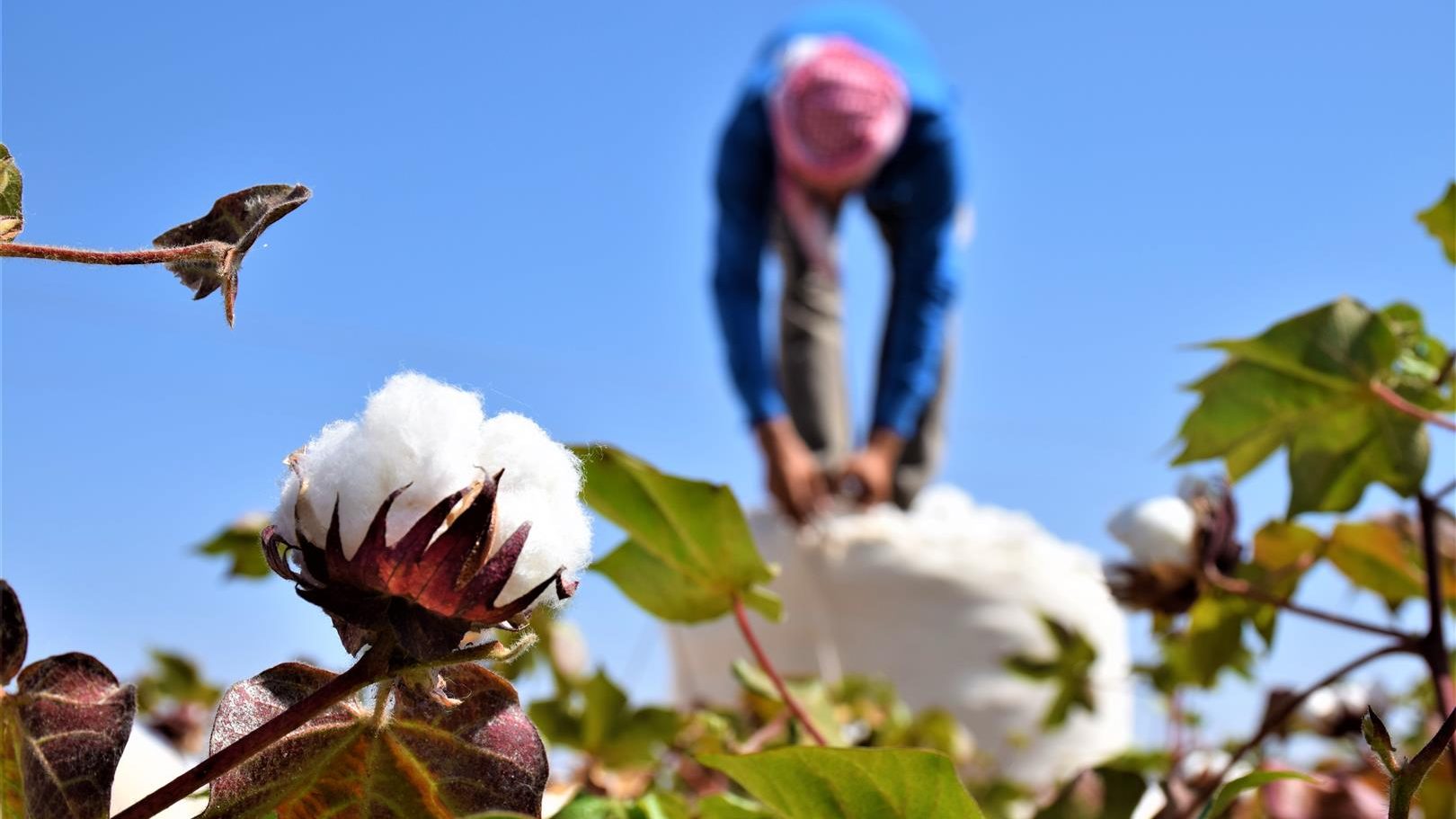Just before the more than decade-old war began, Syria was one of the world’s most important cotton-producing countries. Since then, production levels of Syrian cotton have fallen to record levels due to the war, to the extent that Syria relies on imports to cover market shortages. There are no government attempts, however, to revive cotton agriculture in areas recaptured by the army, particularly in Aleppo, and the countryside of Raqqa and Deir-ez-Zor.
In 2011, Syria produced more than one million tons of cotton. But production has declined significantly, reaching 100,000 tons in 2015 and less than 20,000 tons in 2021 — a decline of more than 90%.
The low level of the Euphrates River, the many hours of electricity rationing, and fuel scarcity have weakened the government’s optimism about the recovery of Syrian cotton. This gloomy outlook exists even after the army regained control of large areas of the rural areas of Deir-ez-Zor, Raqqa, and Aleppo — all of which produce cotton.
Read Also: Lattakia Witnesses Worst Citrus Sales Season
In addition to these factors, the Kurdish Autonomous Administration has prevented farmers in areas under their control from selling their annual crops to government centers. These market conditions have driven Syrians to avoid growing cotton, preferring other forms of agriculture like growing vegetables, sesame, and maize, which are less expensive and require less water. They have made these efforts in search of profits that would provide them with greater economic security, as living conditions deteriorated.
Aleppo’s agriculture director, Radwan Harsouni, said Syrians are reluctant to grow cotton because of “the lack of adequate employment and the flourishing industries in maize and sesame.”
Ahmed Saleh Ibrahim, president of the General Union of Syrian Farmers, attributes cotton’s decline to the factors that “the cotton uses lots of water, government irrigation is deficient, and farmers mostly depend on wells for production. These factors have significantly increased production costs, and thus reduced production levels.”
This article was translated and edited by The Syrian Observer. The Syrian Observer has not verified the content of this story. Responsibility for the information and views set out in this article lies entirely with the author.


